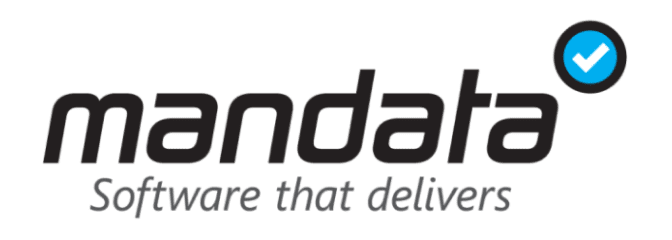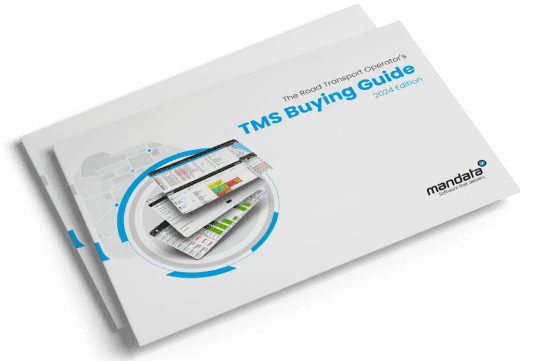The importance of choosing the right digital technology right from the start
The haulage industry has been slow to adopt digitisation. Yet, a PwC report on the future of logistics says that ‘digital fitness’ as a prerequisite for success is more important now than ever before.
Why is digital technology important in haulage?
Hauliers operate in a highly competitive environment, often with low profit margins. They need to work around ever-increasing challenges in a tough economic climate with high fuel prices and tight rules and regulations, while still finding ways to run their businesses profitably.
The ones who manage to do this will undoubtedly be those who understand how to employ a whole range of new technological tools, from data analytics to automation and platform solutions. Those who don’t, risk being overtaken and left behind.
The challenges aren’t going away, but with the right digitisation solutions in place, transport operators can make a success of every haul. Transport management systems (TMSs) have been designed to simplify hauliers’ business processes through digitisation, and to increase cash flow and grow their businesses, even in changing and difficult market conditions.
The key, however, is to make sure they choose and implement the right solutions.
How to know which digital solutions are the right ones
Once a haulier has made the decision to introduce digital technology such as a TMS system into their business, there’s the reality of having to navigate through the different offerings and providers in the market. This isn’t always easy, as requirements differ from business to business, depending on size, sector, complexity, and other factors.
However, while individual businesses may have unique requirements, there are certain essential features that should be available. These are the features to ask about to compare like for like.
Asking the right questions can make it much easier to choose the right provider. It’s important that operators keep in mind that they’ll be signing a service contract with the TMS provider they decide to partner with, which will run for a set period. That’s why knowing what to look for and what questions to ask so they choose the right provider from the get-go can help the operator to avoid losing money, not only through having to pay money again for a more suitable system, but also in related costs.
For example, the employees who will be using the systems receive training to use them effectively. If a system turns out to be inadequate for the business’s needs, these employees will need training again on a new system. In addition, the business will almost certainly lose opportunities. An unsuitable system will not deliver the required efficiencies or time and cost savings. These efficiencies and savings are critical to enable a business to compete profitably, especially against other operators who are using better technology that allows them to work more efficiently.
A good TMS ecosystem should provide the tools to:
- Improve cash flow through invoice factoring.
- Manage orders and customer records.
- Plan routes more efficiently.
- Track and monitor vehicles and driver behaviour.
- Generate proof of collection and delivery documents.
- Increase customer satisfaction.
Business growth in tough times is possible. The right TMS software should drive competitive advantage for haulage operations of any size, aligning with the haulier’s business needs, now and into the future.
Further read: What is transport management system?
Download our TMS Buyer’s Guide for road transport operators
Would you like a more detailed look at why technology is no longer negotiable to ensure success and growth, what a TMS can do for your business, and what questions to ask when choosing a TMS provider?
Download Mandata’s TMS Buyer’s Guide for everything you need to know to make sure you implement the right transport management system – one that will help you speed up your order-to-cash cycle and ensure continued success for your business.

